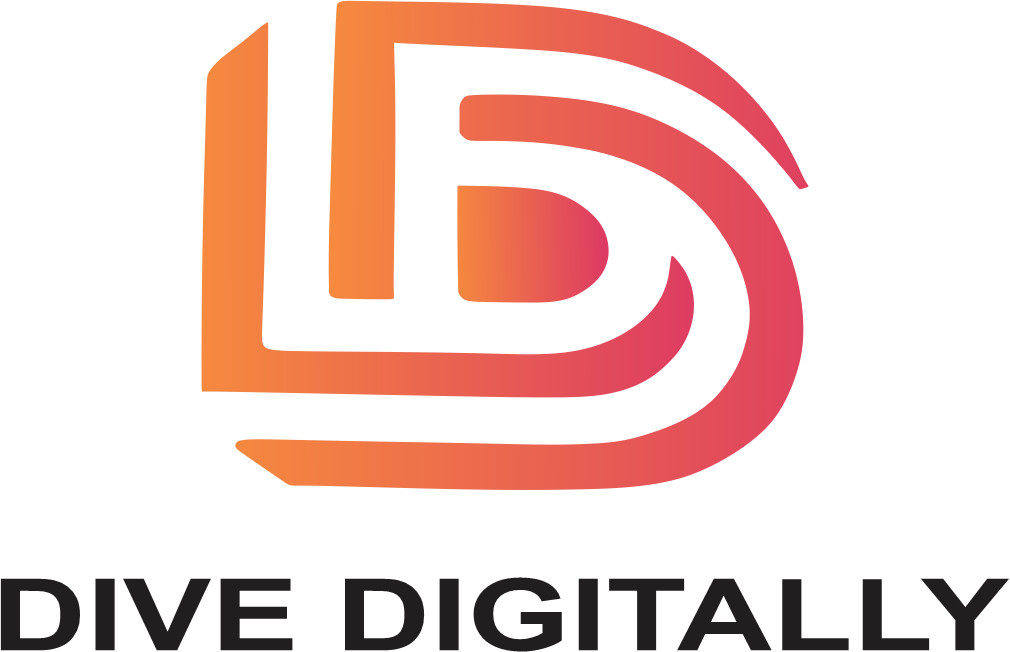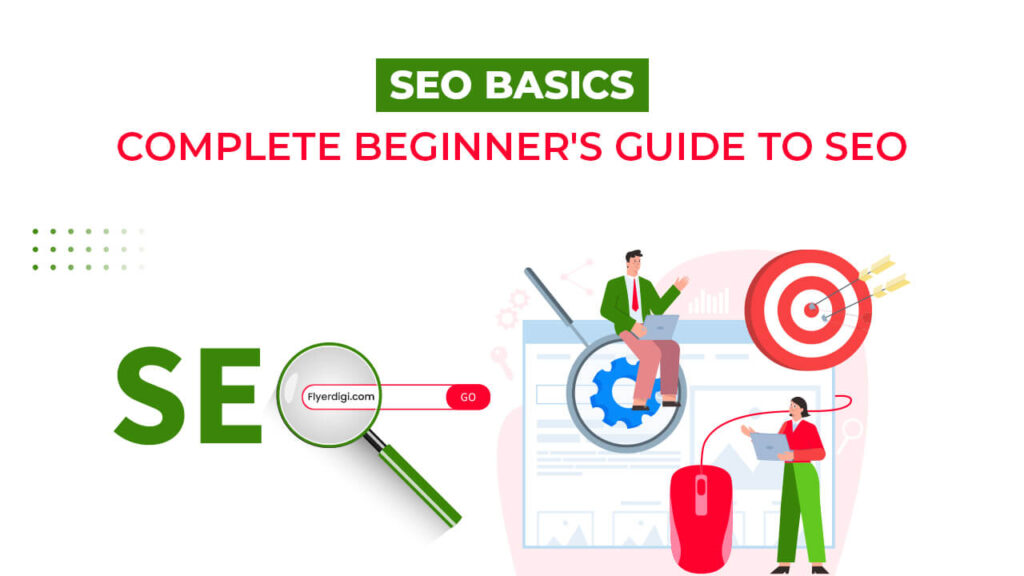Content Marketing That Converts: Proven Strategies for Driving Results

In today’s digital age, content marketing has become an essential component of any successful marketing strategy. By creating and distributing valuable, relevant, and consistent content, businesses can attract and retain customers, build brand awareness, and ultimately drive conversions.
In this comprehensive guide, we’ll explore proven strategies for crafting content marketing campaigns that deliver results. From understanding your audience to optimizing your content for search engines, we’ll cover everything you need to know to succeed.
Understanding Your Audience
Before you can create effective content, it’s crucial to understand your target audience. Who are they? What are their needs and interests? By conducting thorough audience research, you can tailor your content to resonate with your ideal customers and increase your chances of conversion.
Key questions to consider:
- Demographics: Age, gender, location, income level, etc.
- Psychographics: Lifestyle, values, interests, beliefs
- Behaviors: Online habits, purchase history, preferences
Defining Your Goals
Setting clear and measurable goals is essential for any successful content marketing campaign. What do you want to achieve with your content? Are you aiming to increase website traffic, generate leads, drive sales, or build brand awareness?
Examples of content marketing goals:
- Increase website traffic by 20% in the next quarter
- Generate 50 new leads per month
- Improve brand recognition by 30%
- Increase customer satisfaction by 15%
Creating a Content Marketing Calendar
A well-organized content calendar is crucial for maintaining consistency and ensuring that your content aligns with your overall marketing strategy. By planning your content in advance, you can schedule your posts, allocate resources effectively, and track your progress.
Key elements of a Content Marketing calendar:
- Content topics: Determine the subjects you’ll cover
- Publication dates: Schedule when your content will be published
- Content formats: Decide on the types of content (e.g., blog posts, videos, infographics)
- Distribution channels: Identify where you’ll share your content
Keyword Research
Optimizing your content for search engines (SEO) is essential for increasing visibility and attracting organic traffic. Conduct thorough keyword research to identify relevant keywords and phrases that your target audience is searching for.
Tips for effective keyword research:
- Use keyword research tools: Tools like Google Keyword Planner, SEMrush, and Ahrefs can help you find popular keywords.
- Consider long-tail keywords: These are more specific keywords that can drive targeted traffic.
- Analyze your competitors: See what keywords your competitors are ranking for.
Creating High-Quality Content
Once you have a solid understanding of your audience, goals, and keywords, it’s time to start creating high-quality content. Remember, the goal is to provide value and solve problems for your readers.
Tips for creating engaging content:
- Tell stories: People love stories, so incorporate them into your content whenever possible.
- Use visuals: Images, videos, and infographics can make your content more visually appealing and easier to understand.
- Keep it concise: Break up your content into smaller paragraphs and use bullet points or numbered lists.
- Optimize for mobile: Ensure your content is mobile-friendly.
Promoting Your Content
Creating great content is only half the battle. You also need to promote it effectively to reach your target audience.
Content promotion strategies:
- Social media: Share your content on relevant social media platforms.
- Email marketing: Send out newsletters featuring your latest content.
- Influencer marketing: Partner with influencers in your industry to reach a wider audience.
- Paid advertising: Consider using paid advertising platforms like Google Ads or social media ads.
Measuring and Analyzing Results
To determine the effectiveness of your content marketing efforts, it’s important to track and analyze key metrics.
Key metrics to track:
- Website traffic: Monitor the number of visitors to your website.
- Engagement: Track metrics like time on page, bounce rate, and shares.
- Conversions: Measure the number of leads, sales, or other desired outcomes.
- Social media engagement: Analyze likes, comments, and shares on social media.
By regularly analyzing your results, you can identify what’s working and what’s not, and make necessary adjustments to your strategy.
Conclusion
Content marketing is a powerful tool for driving results and achieving your business goals. By following the strategies outlined in this guide, you can create content that resonates with your audience, attracts organic traffic, and ultimately converts visitors into customers. Remember, consistency, quality, and measurement are key to success.







